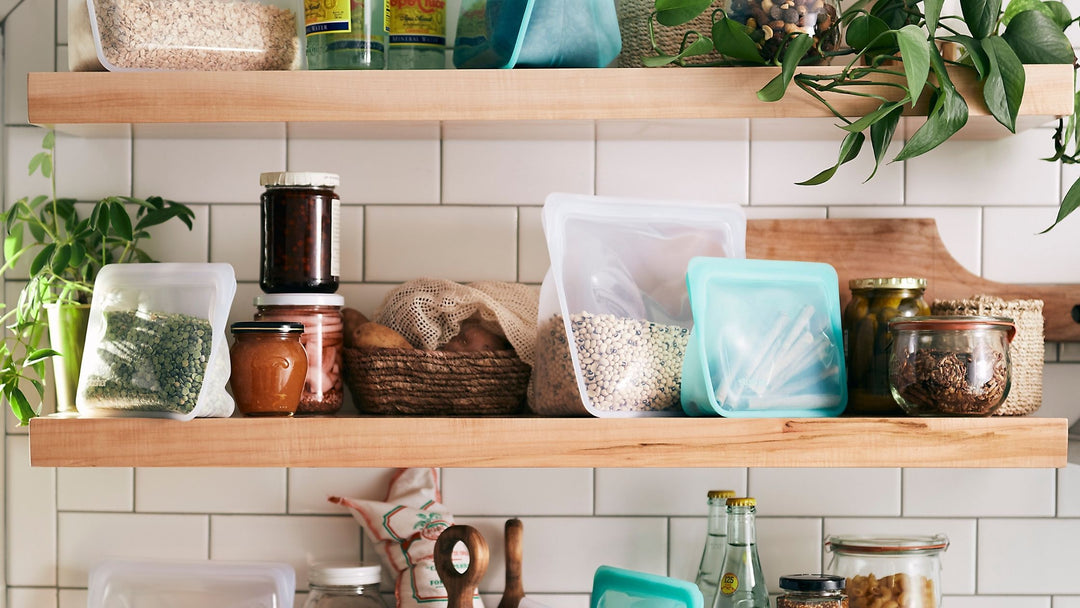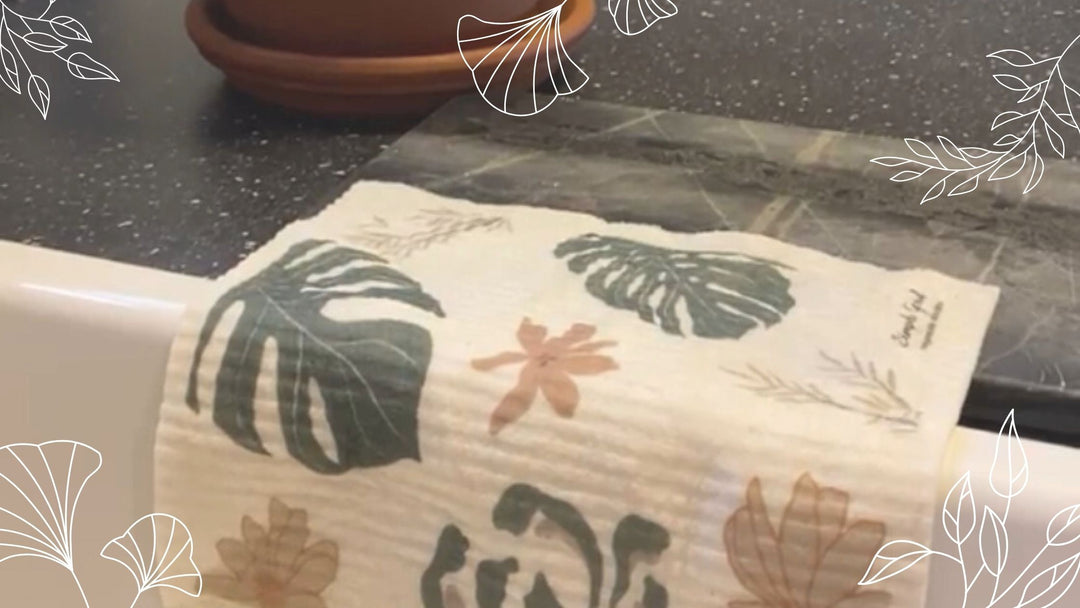Houseplants for Improving Air Quality: Everything You Need to Know

Plants can treat diseases. Plants can boost your mood. And now, plants can enhance air quality.
Poor air quality has long-term effects on the human body. Respiratory problems like asthma stem from air pollution and breathing in harmful toxins.
Incorporating a few household plants can boost your air quality and keep your lungs healthy. But you need to know which plants to pot.
How do plants remove toxins, and which ones are best at improving air quality? Keep reading to find out.
How Do Plants Improve Air Quality?
Plants are natural oxygen creators. They take in toxic elements and let out healthy, breathable air.
Whether you know it or not, indoor air is filled with toxins. In fact, the concentrations of some pollutants are two to five times higher inside than outside.
Man-made products and ventilation produce airborne toxins. The higher the toxin level, the more likely you are to get sick or develop respiratory problems.
Common sources of airborne toxins include:
- Cooking appliances
- Coal heating and fireplaces
- Cleaning supplies
- Paints
- Building materials
- Pet dander
- Mold and mildew
While non-toxic products are available, household plants can help eliminate chemicals from the air you're breathing.
Plants act as natural air purifiers. They remove harmful airborne toxins, pollutants, and Volatile Organic Compounds (VOCs) from the air. The plants produce clean air by enhancing filtration around our homes and offices.
The Best Houseplants for Improving Air Quality
Certain plants are better at creating high-quality air compared to others.
In 1989, NASA studied how plants affect indoor air quality. The organization used a variety of different plants and monitored the number of toxins they removed from the air.
They found specific plants were very effective in removing benzene, trichloroethylene, and formaldehyde from the air. Since the study, they have become the most common houseplants used to improve air quality.

English Ivy
English Ivy (also known as European Ivy) filters out airborne toxins in the home. While the ivy easily spreads outdoors, it's a simple plant to keep in a small to a medium-sized pot.
English Ivy is very good at reducing fecal matter particles and formaldehyde from the air. The plant also eliminates mold. Researchers discovered a potted ivy plant was able to reduce 60% of mold in a room after six hours.
How to Maintain
Ivy is easy to keep alive. It needs to be kept at a constant temperature with plenty of direct sunlight. Water the plant once a day to ensure the soil stays damp. Make sure the pot has drainage, and the ivy is planted in all-purpose soil.

Spider Plants
If you're shopping for plants to improve air quality, spider plants are an excellent option.
According to NASA's study, spider plants can remove 95% of toxic substances from the air. Spider plants produce more chlorophyll than other houseplants, which means greater oxygen production and fewer toxins in the air.
Spider plants are adaptable and easy to grow. Their long leaves dangle down from the mother plant, similar to a spider's web. They begin life as a small white flower that resembles a spider's egg.
How to Maintain
Spider plants are safe for pets, so they are a great household plant. They need well-drained soil and indirect sunlight to thrive.
Don't water them too often, or their roots will rot. A spider plant can go a day or two between waterings. If the leaves grow too long, you can prune them back to the base.

Peace Lily
Peace lilies are elegant plants that also eliminate toxins and mold from the air.
The plant absorbs mold spores through its leaves. The leaves turn the spores into food. Many people who live in humid climates keep peace lilies in their bathrooms to prevent mold from growing on their showers.
How to Maintain
Since the peace lily consumes mold spores, it thrives in humid climates. They grow in all-purpose soil and will need to be repotted every spring. If the plant gets too big, divide it into two pots.
Keep the soil moist. The plant can tolerate short periods of dryness. If the leaves turn brown, your peace lily needs more water.
Peace lilies should be kept away from drafty windows and at a temperature of at least 60°F, but preferably 70°F and above. They can live in well-lit areas but shouldn't be in direct sunlight.
 Bamboo
Bamboo
Bamboo is a sturdy and tall plant that rids the air of harmful toxins, such as:
- Benzene
- Carbon monoxide
- Xylene
- Chloroform
- Formaldehyde
As a bonus, bamboo naturally repels spider mites. Bamboo is also a symbol of luck and prosperity, making it a common housewarming or newlywed gift.
How to Maintain
Bamboo thrives in temperatures between 65°F and 95°F. It's easy to care for and flourishes in soil, although bamboo can also grow in water. The plant blossoms when it receives indirect sunlight and frequent watering (the soil should always be slightly damp).
Homeowners should keep in mind that bamboo is toxic if eaten by cats or dogs. Keep the plants in places where pets can't reach.
Gerbera Daisy
Gerbera daisies filter benzene and trichloroethylene out of the home. They naturally clean and purify the air. Plus, the plants are gorgeous when they blossom.
Trichloroethylene is commonly attached to dry cleaning products, while benzene is released through ink. But adding a gerbera daisy close to your closet or in your office can eliminate the harmful toxins and boost your air quality.
How to Maintain
Gerbera daisies need a lot of direct sunlight (six hours a day), so place them on windowsills or well-lit areas. They require drained soil and minimal water. Mist them three to four times a week with a squirt bottle.
Start Living an Eco-Friendly Lifestyle
Spending time indoors shouldn't harm your lungs. But before you invest in an expensive air purifier, consider a beautiful household plant. Specific types of plants look great in the home and filter away harmful toxins, leaving you with fresh and healthy air.
Whether it's improving air quality or lighting nontoxic candles, shop our collection of eco-friendly products now. We have the supplies you need to create a healthy home for both you and your environment.






